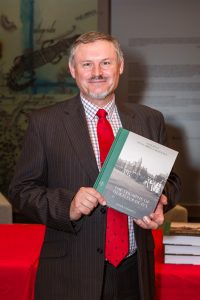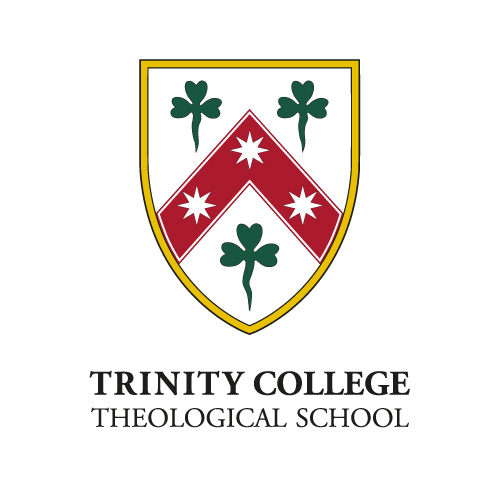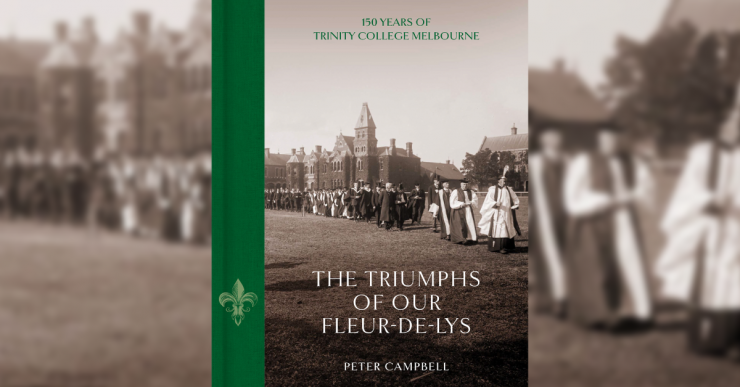
Dr Peter Campbell, Registrar of Trinity College Theological School and Honorary Research Fellow at the Melbourne Conservatorium of Music (University of Melbourne), recently launched a new book, The Triumphs of Our Fleur-de-Lys: 150 Years of Trinity College Melbourne. This comprehensive book covers the history of Trinity College in 46 chapters, starting from the earliest discussions about the foundation of a university in Melbourne and running through until the present day. The book addresses many topics, including the role and function of tertiary education, the place of women in universities, Trinity’s stunning buildings and grounds, developments in theological education, and much more.
Peter spoke with Vox upon the release of this publication.
Peter, what inspired you to write a book about the history of Trinity College?
Ten years ago, while I was working as the Executive Officer in the Warden’s Office at Trinity, I was constantly having to run to the archives to find answers to questions about the origins of certain traditions, or the naming of a scholarship, or some other aspects of the college’s history. As the pile of notes grew, I decided that I needed to start at the very beginning and write a complete history. This would update the centenary history written by Bishop James Grant, which was by then forty years out of date. I have now worked in various roles at Trinity for close to twenty years and as an historian, this was my dream project, as a remarkable collection of documents has been kept in the college archives for all of the past 150 years.
What does the title, The Triumphs of our Fleur-del-Lys, refer to?
Early on, the first Warden of Trinity College, the Classisist Alexander Leeper, chose the fleur-de-lys as a symbol for the college. Traditionally, the flower signifies not only the Holy Trinity, but also purity and god’s chosen ones (which is why it was also a symbol of the French kings). The college’s alumni association adopted the name “The Union of the Fleur-de-Lys” in 1884, and an early student song dating from 1888 urged students to “Shout the triumphs of our Fleur-de-lys”. An official College Song adopted in 1907 spoke of celebrating a toast to the college with a rousing “song of the Fleur-de-lys and Trinity”. So it has always been a motto for Trinity.
What part of your research did you enjoy the most?
I love archival research and the possibility of uncovering new evidence about the organisation you are examining. My doctoral research was on the history of Australia’s university choirs, so the recording of stories about the development and changes in our institutions has long been an interest. What I find fascinating is trying to tease out the story from the surviving records, and then to present that story in readable form for help future generations understand where we come from and what we have achieved. I was very grateful and pleased when Melbourne University Publishing agreed to take on the book, and they have done an incredible job in the editing and production of a magnificent 800-page volume to commemorate Trinity College’s 150th anniversary.
The Triumphs of Our Fleur-de-Lys: 150 Years of Trinity College Melbourne is available for purchase now.
Purchase herePeter Campbell is Registrar of the Trinity College Theological School and has worked in various roles at Trinity College since 2003. He holds degrees in Economics and Music from the Australian National University and a PhD from the University of Melbourne where he is a Research Fellow.

Trinity College Theological School is a college of the University of Divinity from the Anglican tradition, based in Melbourne, Victoria.







Add comment